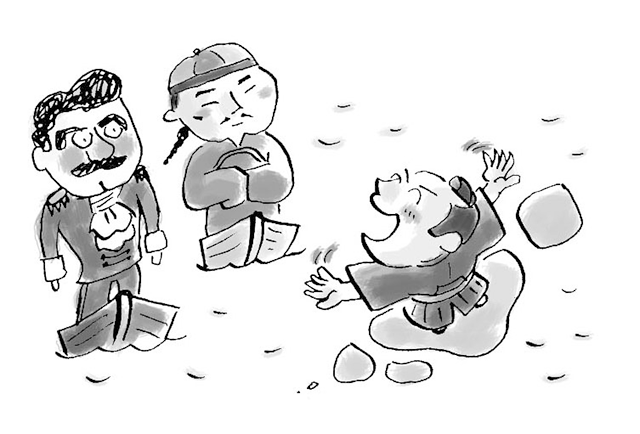Japanese Adopting Foreign Cultures, Creating Their Own

The main factors behind the character of most Japanese is that Japan is a temperate island, and the people are part of a racially homogeneous, agriculture-based nation. It is considered that these fundamental characteristics are partly behind Japanese peoples’ interest in foreign cultures. Furthermore, in addition to the special ability of Japanese to absorb the cultures of foreign countries, it seems that Japanese have formed their own set of unique values.
Among the cultures that have changed Japan, China has been the most influential. In ancient times when China was called Sui (581-619) and Tang (618-907), the Japanese government dispatched government officials and cultured individuals to China. These people returned with a great deal of knowledge. This knowledge would form the basis of the Japanese nation, ranging from that about building towns and religion, to kanji characters.
During more modern times when colonial rule was rampant, Japan adopted various systems including politics, administration, industry and military affairs from western countries. After World War II, Japan learnt about democracy and modern industry from the United States. The Japanese improved these systems to make them suitable for the climate and Japanese culture, and developed and improved them in their own unique ways.
This can be seen in, for example, architecture, in the form of houses that contain both Japanese and Western styles. It can be said that the Japanese like to create their own culture by adopting good characteristics from both the Orient and the West.
